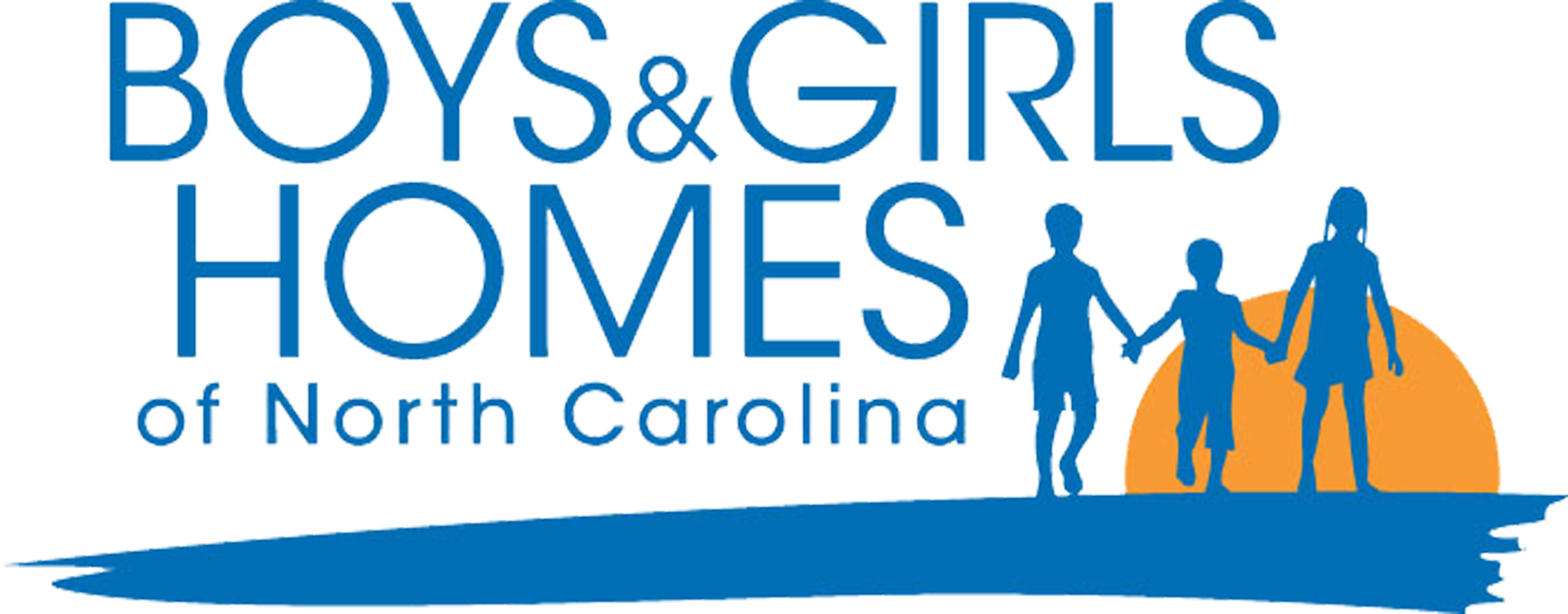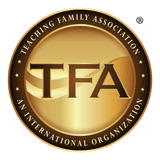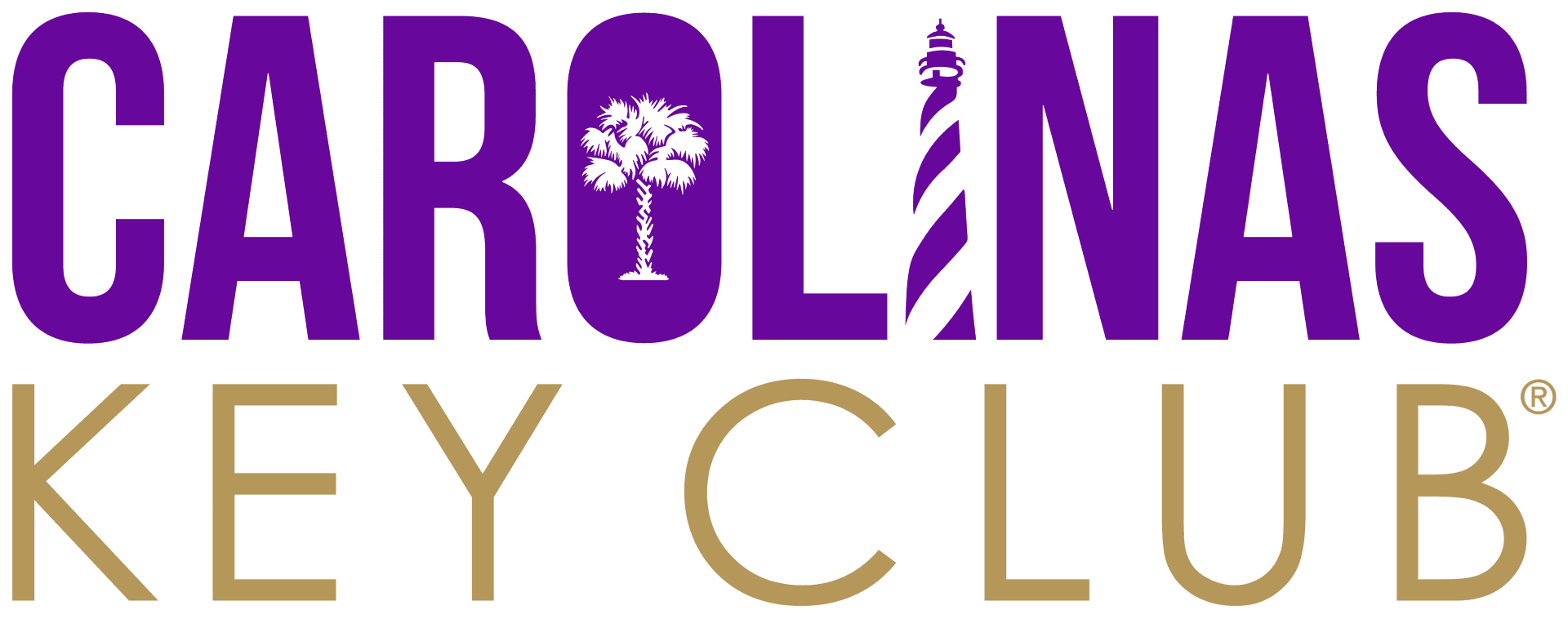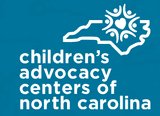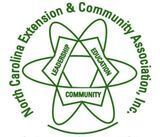Growing up, my siblings and I knew exactly which parent to go to when we needed help with a specific type of homework. Mom was for English assignments while Dad was math.
It wasn’t until a few years ago that I realize why that didn’t actually make sense. My dad had majored in English and was a lawyer who made his living with words. My mom was a bookkeeper by trade, although she was a stay-at-home mom during our formative years.
Somehow our family had fallen into the stereotype of women not being good at math. It is a pattern that has been repeated in my adult life as I frequently share that “I was an English major for a reason” despite having made it through to pre-calculus with A’s and B’s. Even now recognizing the assigned pattern, I catch myself making comments about my limited math skills.
Falling into assigned patterns is something the youth and families served by Boys and Girls Homes experience. Many have come from homes where they were expected to act in certain ways because of their economic status, family reputation, or other circumstances outside of their control. Being assigned a pattern of behavior, or receiving a label, has an impact.
One of the big things BGHNC President/CEO Ricky Creech has been adamant about is the language we use in talking about the youth and families served because he recognizes the power of words. In the Waccamaw Way model of care, every interaction, no matter how small, is intentional from the language used to the activities presented. This supports the ultimate goal to remove the negative assigned patterns for each individual to provide a healthier life that is filled with healing and hope.
Melissa Hopkins is the Public Relations and Marketing Specialist for Boys and Girls Homes of North Carolina.
